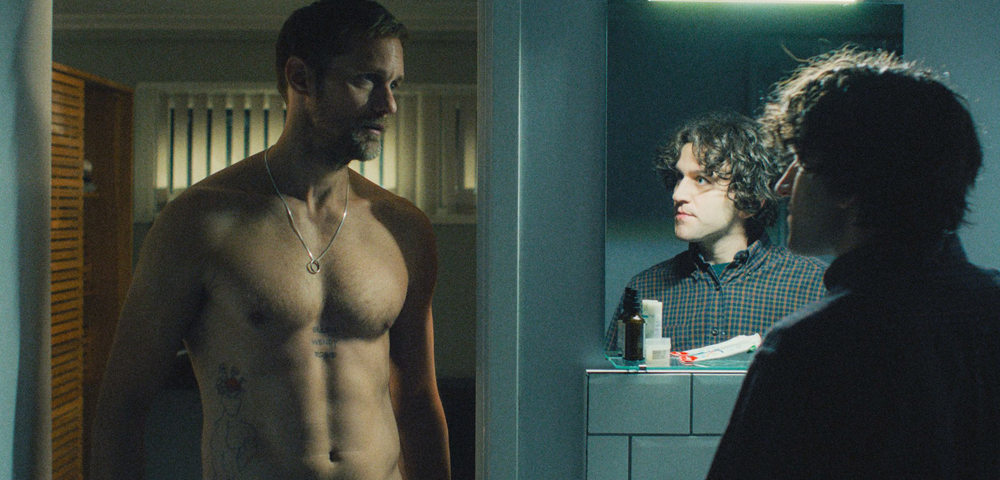
The emergence of AI-generated characters is raising eyebrows in the entertainment industry, particularly with the introduction of Tilly Norwood, a virtual actress created by UK-based Particle 6 Productions. Tilly, who boasts a friendly appearance, an engaging English accent, and a social media presence, has ignited concerns among human actors about the potential threat posed by artificial intelligence in film and television.
Eline van der Velden, the creator of Tilly Norwood, envisions her as a future star comparable to renowned actresses such as Scarlett Johansson and Natalie Portman. However, critics are skeptical of this ambition, questioning whether an AI character—crafted from an algorithm and based on millions of images—can genuinely connect with audiences.
This sentiment echoes the earlier release of Velvet Sundown, an entirely AI-generated band that gained fame on Spotify. Despite its impressive promotional materials, including lifelike photographs, critics dismissed the music as “merely, profoundly, and disturbingly innocuous,” according to The Atlantic. This comparison suggests that Tilly Norwood may suffer a similar fate; while her appearance might be polished, her perceived lack of depth raises doubts about her viability as a leading figure in cinema.
One industry observer noted that the reliance on AI creates a risk of replacing human actors with “slick-looking cartoons.” The human element, often described as the soul of performance, remains irreplaceable. The ongoing debate about AI in creative fields is intensifying, with many questioning the authenticity and emotional resonance of digital characters.
The allure of AI is not limited to entertainment. Major tech companies claim that AI will revolutionize numerous industries, insisting that businesses must embrace it or risk being left behind. Nevertheless, while vast investments are pouring into AI, reports indicate that the returns have not yet justified the hype. In software development, for instance, studies have shown that AI can actually hinder productivity, as developers express distrust in its capabilities.
In an age where technology is advancing rapidly, the fundamental question emerges: can AI truly replicate human experience and emotion? Critics argue that no matter how realistic an AI-generated character may appear, it remains devoid of the genuine qualities that engage audiences.
As Tilly Norwood prepares to enter the spotlight, the entertainment industry faces a pivotal moment. The question looms large: will AI-generated performers ever hold a place alongside their human counterparts, or are they destined to remain mere simulations, devoid of the essence that makes acting an art form?
The future of acting may well depend on the continuing dialogue around AI’s role in creativity. As audiences grapple with this dilemma, the industry must consider how to balance innovation with the intrinsic value of human performance.






